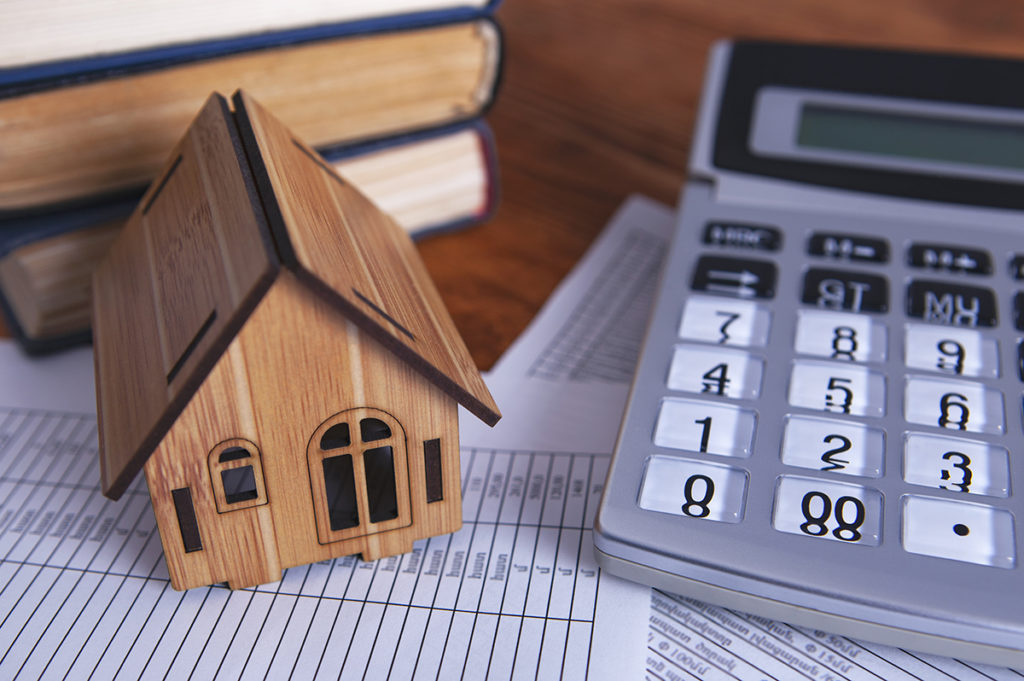While the American dream sets up a fantasy of getting a stable job, saving up enough money, and buying a house, there’s a little more to the home-buying process than creating personal savings and tenacity; a healthy credit score is a necessary factor that many people don’t know to consider until after the financing journey begins.
Credit scores, though complex and sometimes difficult to understand, are an important piece of the homebuying process. Credit scores play a large role and are a significant piece of how your mortgage interest rate is determined. A good, high score, for example, can lead to a lower rate.
What’s a good credit score to buy a house? Keep reading to find out.
The Basics of Credit
It helps to better understand how a credit score is created so that you can do your best to boost and maintain your score and go through the home-buying process with ease.
A credit score is a rating that is derived from the standard FICO® Score, which compiles pieces of information from credit reports from the three major credit bureaus, including Equifax®, Experian™, and TransUnion®).
Credit scores range from 300 to 850. The score is determined by several different factors, including payment history, amounts owed, length of credit history, types of credit, and new credit. The best and most ideal credit score is a high one. However, you don’t need perfect credit to buy a house.
Minimum Credit Scores
There are several credit score minimums to consider when buying a home, depending on loan type. Here’s the main gist:
- For conventional loans, from a private lender, the minimum credit score is 620.
- For a loan from the Federal Housing Administration (FHA) requiring a 3.5% down payment, the minimum credit score is 620.
- For an FHA loan requiring a 10% down payment, the minimum credit score is 500, but very few lenders will go that low.
- For a loan insured by the S. Department of Veterans Affairs (known as a VA loan), there is no minimum credit score. However, most private lenders will require a score of at least 620.
Bad Credit?
If you’re wondering whether or not you can buy a home with bad credit, the answer is yes, you can.
It is possible to still qualify for a mortgage even with a low credit score, though it’s more difficult and comes at a higher price tag. After all, the credit score is a reflection of your financial history; if you’ve missed payments in the past, you’re a higher risk to your lender. The higher the risk, the more expensive your interest rates will be, or the down payment. This protects your lender and negates that risk factor.
So, yes, it is possible to qualify for a home loan with bad credit. However, it’s harder to do so. An easier and more affordable alternative (especially in the long run) is to boost your credit before starting the homebuying process.
Tip and Tricks
Need to boost your credit score? Here are some tips and tricks on how to raise your credit score to buy a house. Keep in mind, though, that there’s no such thing as a “quick fix” when it comes to credit. Most of the steps take time and repetition to build a history of good financial practices.
- Pay your bills (on time!). This one is the number one way to boost your credit score over time. It takes a while, but it shows your financial dependability. Late payments can have immediate consequences.
- Pay off your debt. Keep that credit card debt low by paying it off and making regular payments over time. Try to keep it open, even after the debts are paid, to sustain your credit-utilization ratio.
- Order your reports. Every year, you’re allowed to order a copy of each of your three credit reports from AnnualCreditReport.com; after receiving them, you can look them over for errors. If there are any mistakes—like if they incorrectly reported a missed payment and you can prove otherwise—contact the bureau (Equifax®, Experian™, or TransUnion®) to correct it. That could lead to an immediate score improvement.
- Help from family. Another way to boost a score is if a family member adds you as an authorized user to one of their credit card accounts that they are making regular, withstanding payments on. This will gradually reflect regular payments.
- Check with a lender. They will often review credit with you and can do modeling on credit scores (usually at no cost) to try and your score. They can give you a more educated analysis and directly help you to improve your credit.
Ready to Buy?
If your credit and financing options are all squared away and you’re interested in taking the next steps into the homebuying process, connect with the team at Sopris Realty today. Contact us online or give us a call at 970-945-7677.

